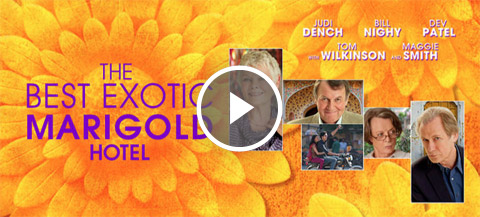When I was studying journalism in graduate school, Pulitzer-prize-winning professor Dale Maharidge had us read a bunch of Tolstoy. Not his essays or journals, but his fully-fledged fiction. Interesting, don’t you find, for a journalism class?
I don’t remember which novels we had to read or the details of the course, but I do remember the lesson, which mirrored our professor’s journey:
You start off as a reporter writing daily news, inspired by the task of collecting the facts day in and day out. After a while, though, the pace gets to you and you want more time and space to develop the complexities of your stories. So you turn to a weekly or monthly magazine. And then soon enough you feel constrained there too, so you pursue the allure of books, where you can dive deeply and travel expansively across the pages. Until one day you tire of books as well, so you turn to novels, where you can be freed from the burden of the facts and just focus on the truth.
A couple of weekends ago, I thought of Tolstoy and Dale a lot at the cinema when I had the pleasure of experiencing the layers of truth expressed in The Best Exotic Marigold Hotel. The movie was produced byParticipant Media, which is well known for its successful documentary films like Inconvenient Truth, The Cove, and Waiting for Superman. But The Best Exotic Marigold Hotel is a fictional film that tells the story of a group of British people who retire to India, where their visions of luxury and grandeur are shattered but their lives are reinvented and re-inspired in the process. It’s a lovely movie, full of warmth and quirkiness and deep insights into India, the challenges and beauty of aging, the humor in life’s difficulties, and the richness of experiencing every moment fully. My favorite Marigold quote is the one that Participant chose for the trailer: “Everything will be all right in the end. So if it’s not all right, then it is not yet the end.”
Like Dale and Tolstoy, Participant is showing us how truth can be told beyond the facts of documentary films. I have the greatest respect for the investment and commitment required to execute feature-length fiction successfully. However, even at the other end of the matrix, in our micro-documentary world, Marigold provides a good reminder that offering an authentic taste of the truth is a more successful approach than trying to pack in all possible facts into two little minutes.
Next up on my list of non-documentary work to watch from Participant: The Help.

